At Intergy, we are fortunate enough to have distinct teams that cover each of the above technologies, and these teams will work together to create the best interconnected solution, and ultimately improve the businesses overall operational efficiency.
.Net vs php vs java: which language best suits my application?
The choice of programming language for a new application can only be made after considering a number of factors, including the core functionality and purpose of the application, the underlying technology infrastructure available, as well as connectivity, scalability and security requirements. Furthermore, the clients own preferences and budgets need to be taken into account based on their business market share and types of applications.
A case could be made that a Microsoft based solution is an appropriate choice for an Enterprise-level application with strict security requirements and high data integrity needs (in our experience, Microsoft SQL Server as the back end database for large databases is absolutely rock solid, and ASP.NET has several built in security features). A PHP/open source solution might be a sensible choice for a smaller application with tight budgets. On the other hand, a Java application might be preferable when cross-platform operability is essential, with its “write once, deploy anywhere” mantra.
The clients existing legacy applications and infrastructure will influence which programming skillset is needed, and occasionally skills in all three of these technology platforms are needed.
In this blog article, we will introduce each of the contenders and outline some key points for consideration of each. After reading the information below, feel free to call our team to discuss your next project and what technologies we think will give you the best outcomes.
What is .net?
Microsoft developed .NET as a software framework running primarily on Microsoft Windows. .NET has two components namely: Common Language Runtime (CLR) and Framework Class Library (FCL). The foundation of .NET is CLR which provides the different services applications can utilise. It also makes up the “environment” on which other applications function in. FCL is a collection of over 7000+ types that provides the data structures and services applications require.
Notable features
Interoperability
.NET platform provides access to functionality and allows interaction between newer and older applications outside its environment.
Language independence
.NET framework has a Common Type System (CTS) that allows the framework to support the interaction of types and objects between applications and libraries developed using a compatible .NET language includes Visual Basic .Net (VB.NET), C#, etc.
Base class library
Part of the FCL, Base Class Library (BCL) is composed of classes that encapsulate functions available to all languages utilising .NET – database interaction, web application development, graphic rendering, file reading and writing, XML document manipulation, and many others.
Security
All dot net applications are provided with a common security model. Many in-build security features exist (without the need for additional third-party plugins)
What is php?
PHP can be used both as a general purpose programming language and a server-side scripting language for web development. The PHP code is interpreted by a web server equipped with a PHP processor module. Free of charge, applications of PHP can be deployed on almost all operating systems, platforms, and web servers.
Notable features
Open source
PHP is readily available and free of charge. And since it is accessible to everyone, a large community which can provide support and guidelines for effective and efficient development exists.
Embedding
Rather than calling an external file for data processing, PHP can be easily embedded in an HTML source document.
Cross-platform
PHP allows interaction among different operating systems including Linux, Unix, and Windows. Its interface is also compatible with Apache/MySQL.
Object oriented
PHP has the ability to call Windows and Java objects. Furthermore, custom classes can be created so other classes can borrow from them and extend the functionality of PHP.
What is java?
Through its general-purpose, class-based, concurrent, object-oriented nature, Java is an object oriented programming language which can be implemented using few dependencies. Application developers need not write different codes so that the application can run in several platforms.
Notable features
Object oriented
Modular applications and reusable code can be developed using Java.
Platform independent
Java can move from one system to another with ease. It has the ability to run the same code on various systems.
Multithread
With Java, it is easy to develop multithreaded programs which allows the performance of several tasks simultaneously in a program.
Security
Java runs downloaded code from networks in a secure environment to ensure that it can neither harm the host system with a virus nor read or write files on the hard drive. Furthermore, Java code can be run with restricted permissions to avoid any chance of damaging the host system.
Network-centric
Java developers can easily manage and work with resources across networks and create network-based applications through the use of multitier or client side/server side architectures.
Our team at Intergy Consulting is composed of experts in each of these programming languages. Depending on your company’s needs and practices, we can work with you to analyse and recommend which language best suits your business goals.
Give our team a call at 1300 739 117 or drop us an email via [email protected] outlining your project requirements and one from our team will get back to you to arrange a meeting on what programming language would work best.



